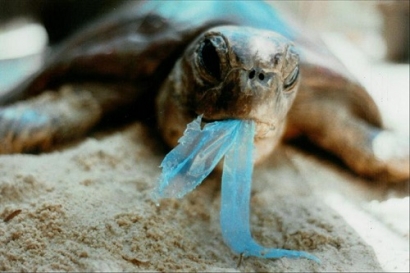
This partnership will provide €2-billion ($2.3 billion) long-term financing for projects aimed at reducing marine litter, especially plastics, as well as untreated wastewater discharge, with a view to crowding-in private sector investment.
The three partner institutions will combine their expertise and experience to support the development and implementation of viable projects in this sector. The Clean Oceans Initiative will also provide innovative financing structures catering to the needs of private enterprises of varying size, including micro-enterprises, and for research and innovation projects.
The Clean Oceans Initiative is global in nature but will focus particularly on operations in riverine and coastal areas in developing countries in Asia, Africa and the Middle East, since 90 percent of plastic waste enters the oceans through 10 major river systems located in Africa and Asia, where access to regular waste collection and controlled waste disposal is lacking.
The Clean Oceans Initiative will notably target the following sectors:
EIB President, Dr. Werner Hoyer, explained, “Cleaning up our oceans is a truly global challenge. Partnership is key to achieving the UN Sustainable Development Goals (SDGs) and I am delighted that the EIB, KfW and AFD are joining forces to finance the conservation and sustainable use of the oceans through this initiative”
AFD Chief Executive officer, Rémy Rioux, added, “Collaboration is absolutely essential to efficiently address the global challenge of eliminating pollution and other damage sources of our oceans. The activities that are funded through this €2-billion initiative are based on collaboration with actors on the ground: local authorities, the private sector, civil society organizations and governments.”
Maintaining clean oceans is crucial for sustainable development and poverty reduction by increasing people’s income and improving health. It also supports climate change mitigation as oceans absorb about 30 percent of carbon dioxide, buffering the impacts of global warming.
An estimated 8 million tons of plastic waste and microplastics, is discharged into the world’s oceans every year, threatening marine ecosystems, people and communities that depend on clean oceans. If we continue along this path, it is estimated that by 2050 there will be more plastics than fish in the oceans by weight.


